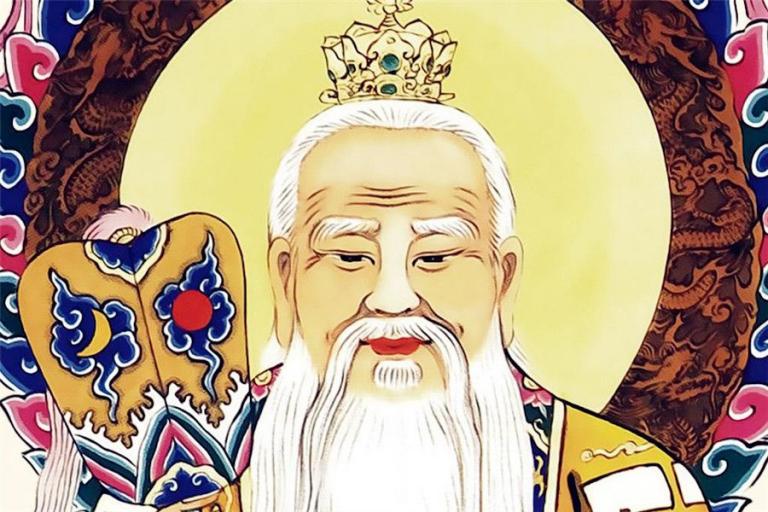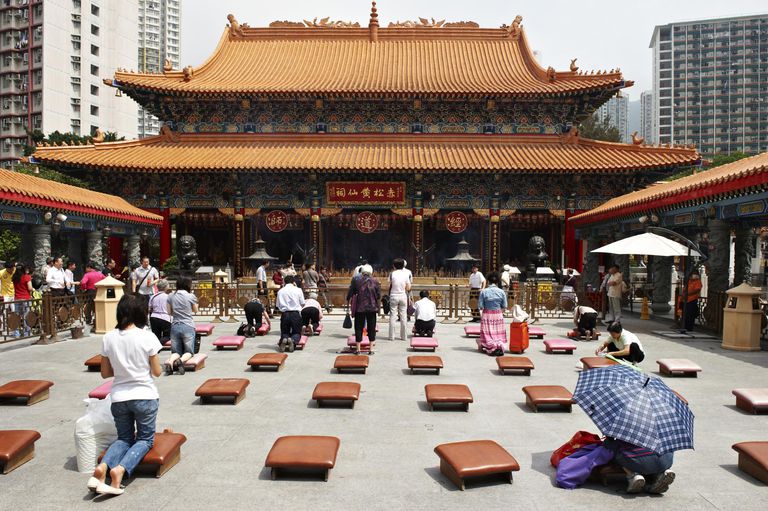Taoist beliefs in China
3 min readThe Spring and Autumn Period and Warring States Period (770-221 BC) was China’s first golden age of philosophy, and also a time of protracted war and chaos. This prolonged upheaval produced not only many famous works of politics and military science, such as The Art of War by Sunzi, but also the philosophy of Daoism, which advocated transcending the affairs of the world as a means of resolving problems. Laozi, who lived during the late Spring and Autumn Period(770-476 BC) and Zhuangzi(369-286 BC), the representative Daoist philosophers, believed that the question of how to deal with the dangers of the outside world was the most important issue that a person would ever face. In their opinion, by choosing detachment from the world, people could avoid its dangers and preserve freedom in their lives.

The Daoist concept of transcendence has deep philosophical significance, as expressedin a story about Zhuangzi. It is said that when Zhuangzi’s wife died,a friend went to visit him and was shocked to find him drumming on a pot and singing along. Disapprovingly, the friend exclaimed:”You’ re not even crying! How could you do this at such a time?”Zhuangzi replied thatof course he was deeply grieved. But since death is an inescapable part of the natural cycle, why should he cry about it? Zhuangzi believed that rational awareness can enable people toescape the bonds of emotion and achieve spiritual freedom. This viewpoint was later echoed by the Dutch philosopher Baruch Spinoza.
In order to achieve the highest degree of transcendence, it is necessary to understand the concept of the Dao, or the Way. Daoist philosophy holds that although all things exist in a state of transformation, they also possess inherent order. It is this constantly transforming order, unrelated to external change, that is the Dao. Understanding of the Dao enables one to leada happy life, regardless of the vicissitudes of Nature or society, because change is to be expected.
This Daoist concept of constant transformation-the idea that “the Law of Change is unchanging,”came to imbue the political life of ancient China. Laozi recognized the value ofalaissez-faire approach to government early in China’s history. He believed that even though a country’s rulers wielded ultimate political power, they did not possess the practical ability to improve the people’s lives, and thus were unable to control the fate of the nation. Laozitherefore advocated the policy of “governing by doing nothing that goes against nature.”By not interfering with human freedoms, and allowing people to develop naturally, he believed it would be possible to create a utopian society based on the philosophy of”action through inaction.”That is, all action would proceed from an innate understanding of the Dao, rather than from social conventions and control. Laozi’s utopian political vision was realized in the second century BC during the reigns of Emperors Wendi and Jingdi of the Han Dynasty, giving rise to a society in which the Chinese people lived and worked in peace and contentment, and the nation flourished. In modern Europe,a number of economists have advocated a similarly non-interventionist approach, saying that governments should relax control of their national economies and the livelihoods of the people in order to reinvigorate their economies.

Daoism also describes the beginning of the universe. Daoism holds that the Dao, or Way, is the wellspring of the universe, and yin and yang are the basic elements with which the universe is constructed. The original meaning of yang is the sun, representing the positive or active force; the original meaning of yin is absence of sun, representing the negative or receptive force. The relationship between yin and yang is complementary, embodying both opposition and unity.








